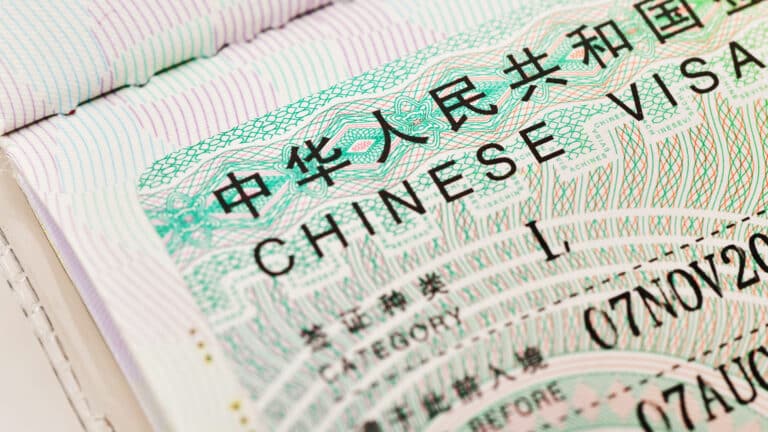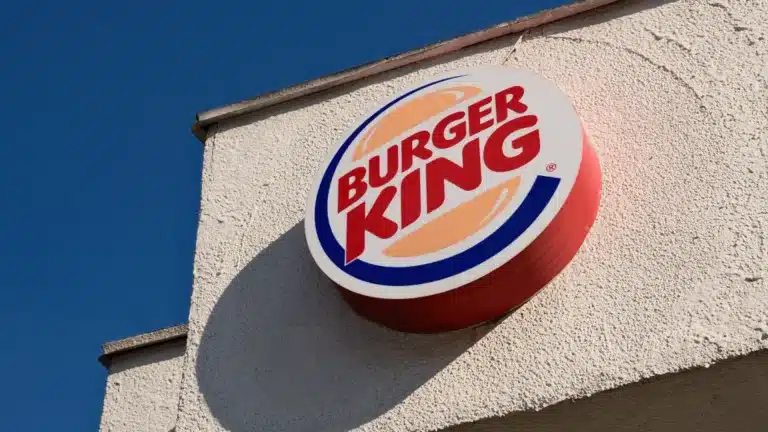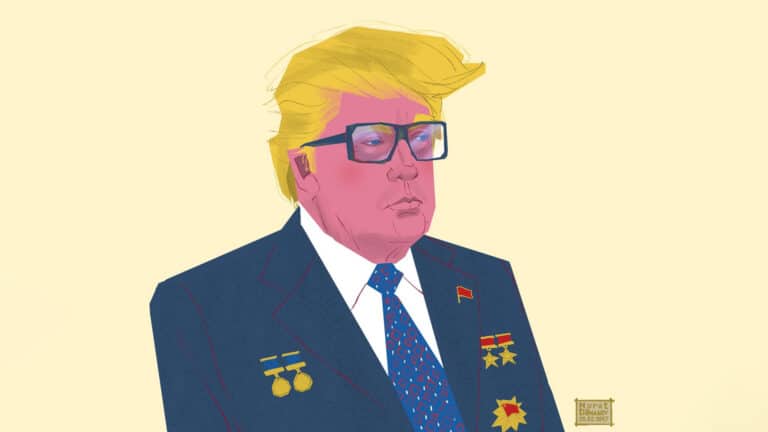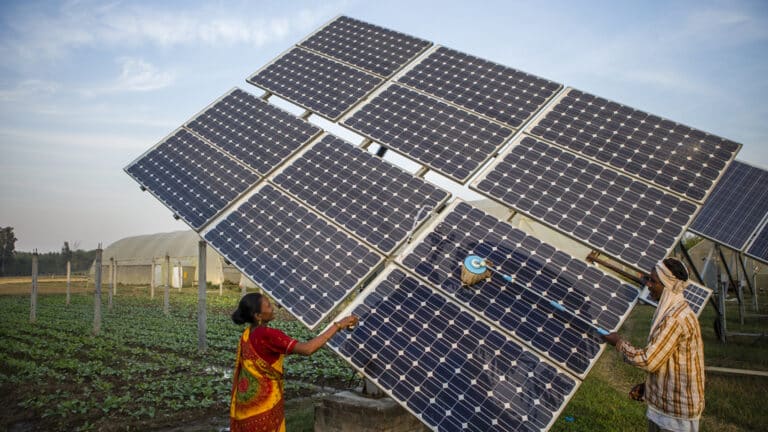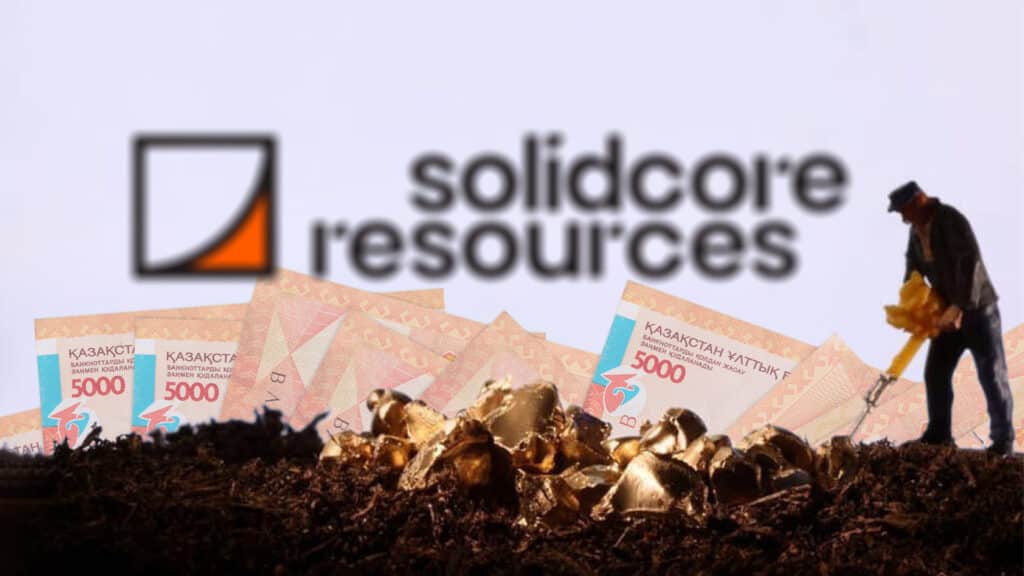
Solidcore Resources, a Kazakhstani gold mining company formerly known as Polymetal, needs $1 billion in investments to stop being dependent on Russia, according to Interfax Kazakhstan, citing Chief Financial Officer at Solidcore Resources Maxim Nazimok.
«We need to invest $1 billion to achieve total operational independence from Russia. Primarily, it refers to the construction of the Irtysh GMK (a mining and metallurgic company) in Kazakhstan. This project requires around $800 million in investments over the next five years, including some in-house projects at the existing deposits,» said Nazimok at the Astana Finance Days conference.
Even though free cash flow «settles this billion,» the company is attracting debt instruments worth from $400 to $500 million to build Irtysh GMK, he underlined.
Nazimok also stated that the company has shrunk by three times after selling Russian assets. However, it plans to «at least double its size in the future.»
«The intention is to redeem the investment attractiveness for our shareholders and investors. Unfortunately, when a company becomes a medium-sized enterprise, many global investors tend to overlook it. So, our goal is to boost production output, which we anticipate will lead to increased cash capitalization. But this requires market investments,» he explained.
In addition, Solidcore Resources considers acquiring new assets, for which it’s going to draw market financing.
«We are currently actively considering acquiring new assets. We’re reviewing projects at their early stage of geological exploration. Of course, it’s hard to say now how much they are going to cost us. That’s why, despite having some idle money, we are thinking about raising funds from the market,» Nazimok said.
He highlighted that the company is relying on bank loans and may benefit from its strong relationships with Kazakhstani credit institutions and development banks.
«We are gradually coming to arrangements with Western financial institutes. In this case, time is our friend. The current project portfolio indicates that 2026 will be a peak year for investments. This means we have plenty of time to finish the processes and structure large transactions,» Nazimok added.
In the middle of June, the Financial Times reported that the company still «lives under shadow of sanctions» despite selling all of its Russian assets and moving to Astana International Financial Centre, citing Solidcore CEO Vitaly Nesis.
According to Nesis, Solidcore Resources was forced to switch to Chinese equipment suppliers as British, German and French ones had refused to partner with them in constructing the Irtysh GMK. Moreover, the European credit providers, including Société Générale and Raiffeisen, are to terminate their relations with Solidcore after repaying the remaining $400 million debt over the next two years.
As Kursiv.media reported earlier this year, the company plans to double the gold output to a million ounces until 2029 and enter markets in Tajikistan, Uzbekistan, Saudi Arabia and Oman.
Solidcore (then called Polymetal) initially announced its intention to move from the British island of Jersey to the Astana International Financial Centre (AIFC) in fall 2022, ultimately executing the redomiciliation (procedure of changing the jurisdiction) in August 2023. Polymetal has been listed on the AIFC’s Astana International Exchange since Aug. 10, 2023, along with being listed on MOEX. The company is expected to be delisted from the Russian exchange on Oct. 15, 2024. In October 2023, Solidcore was added to the AIX Qazaq Index.
In late September 2023, Nesis announced plans to sell Russian assets due to the sanctions imposed on Polymetal, the company’s Russian subsidiary. The transaction was completed in March 2023, with the buyer being Mangazeya Plus, a business structure controlled by Russian businessman Sergey Yanchukov. The asset was valued at $3.69 billion at the time.


